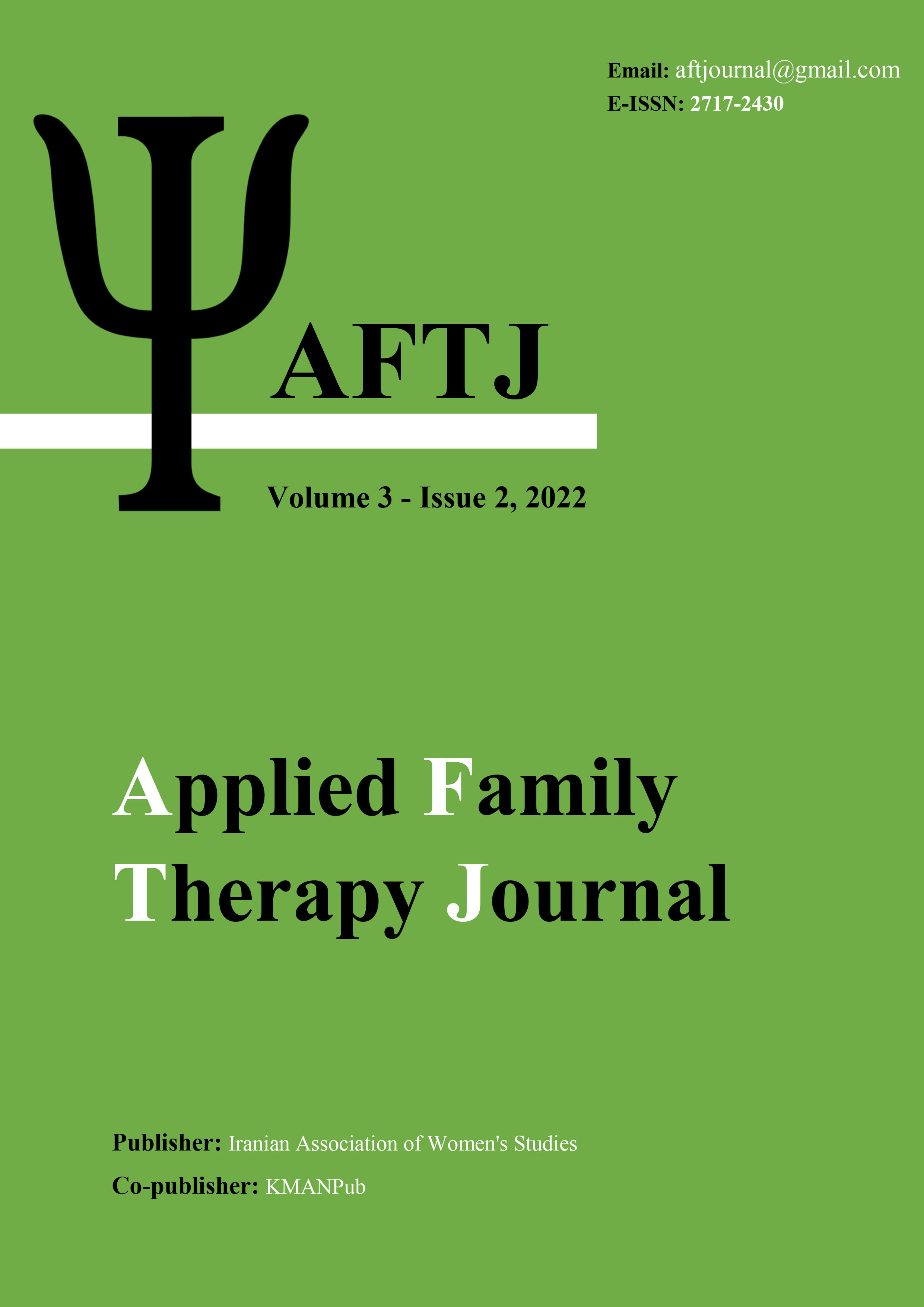The Pattern of Love Making Among the Elderly in Tehran City: with the Approach of Foundational Data Theory
Keywords:
making love, empathetic and friendly love, foundation data theory, elderly, needy loveAbstract
Aim: The purpose of the current research is to design lovemaking patterns of the elderly living in Tehran city using the contextual theory, which is also called foundation data theory. Method: This research is applied in terms of purpose and qualitative in terms of execution method. The statistical population of the research consists of seniors 65 years old and older living in Tehran. The sampling method was purposeful and 20 tons were selected based on theoretical saturation. The data collection tool was a semi-structured interview, and data analysis was done in three stages of open, central, and selective coding. Results: Based on data analysis, 344 primary concepts (open codes), 103 central codes and 18 selective codes were identified. The results obtained from the analysis of qualitative interviews showed that causal factors from 4 main categories, 36 sub-categories and 137 primary codes; contextual factors of 2 main categories, 15 subcategories, and 50 primary codes; Intervening factors: 2 main categories, 7 subcategories and 23 primary codes; The strategies consist of 3 main categories, 19 sub-categories and 49 primary codes, and finally, the consequences of 7 main categories, 26 sub-categories and 85 primary codes. Conclusion: In total, seven paradigmatic models of love such as social love, maternal love, love at first sight, marital love, companionate and friendly love, love for God, and needy love were identified among the elderly living in Tehran.
Downloads
Downloads
Published
Issue
Section
License

This work is licensed under a Creative Commons Attribution-NonCommercial 4.0 International License.





















